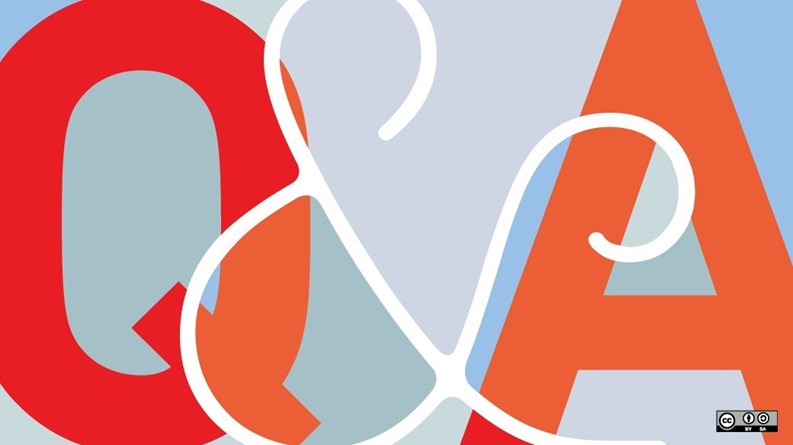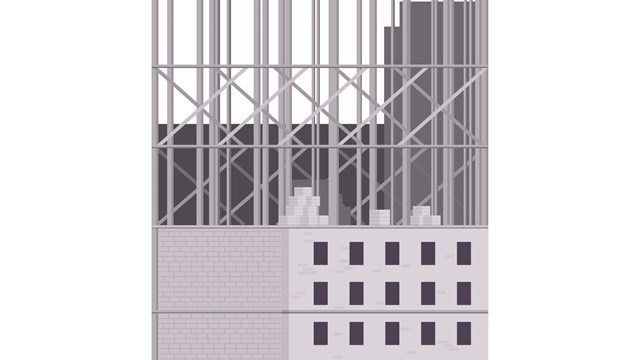At a meeting recently I questioned our board president as to whether the mortgage holder will go along with our “going private.” He assured me that there would be “no problem.” His reply, it seems to me, is predicated on the assumption that our balance sheet will not change substantially. However the current plan is to use 2/3 of our reserves to pay the extremely large increase in real estate tax.
If we leave Mitchell Lama protection, we will lose our tax abatement. Our balance sheet will be radically changed. The amount of reserves to be used does not even cover the first year of increased taxes. We would hope that the “flip tax” generated by private sales of apartments would be large enough to carry us forward. Especially in the current real estate market this sounds problematic to me.
Do I have the right to contact the mortgage holder to ask my question? Is there anything more I can do?
—Financially-Wary Owner
“As to substance, the issue is not really whether the mortgage holder will consent to the change in your balance sheet and income statement resulting from ‘going private.’ The subsidized low-interest mortgage must be paid off and refinanced as part of the process. It is likely that the refinancing with a market-rate mortgage will substantially increase the cooperative’s monthly mortgage costs, in addition to the increase in real estate taxes. Without knowing the details as to your cooperative’s present, and anticipated, capital structure, it is not possible to advise you as to what the total impact of withdrawing from the Mitchell-Lama program may be. For a good overview of the issues, positive and negative, you may wish to read the excellent article ‘Going Private’ by Richard B. Montanye, CPA, published in The Cooperator in its Dec./Jan. 2003 edition.”







Leave a Comment